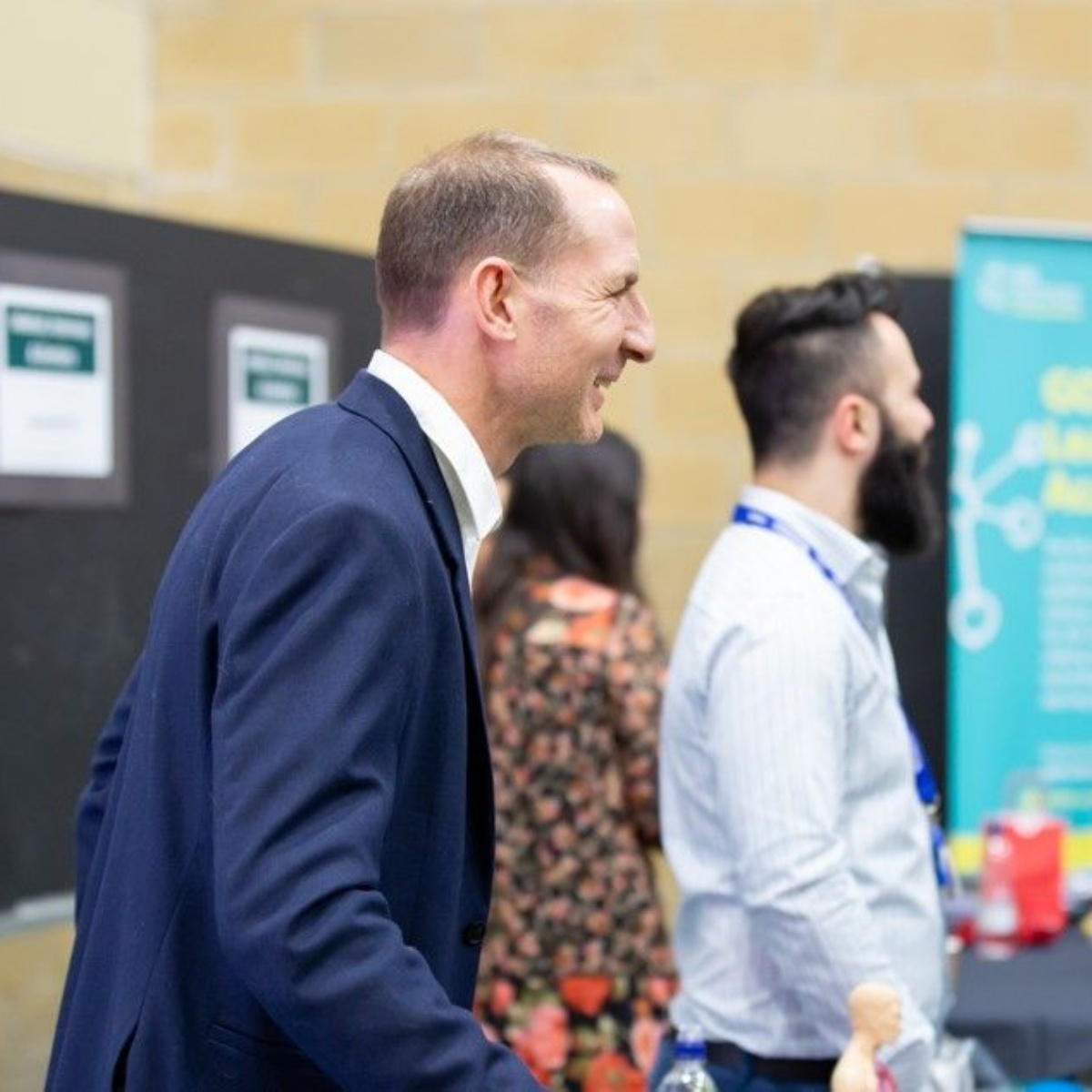Covid-19: Experiences from the Front Line of Healthcare

Dr Peter Jaye, Consultant in Emergency Medicine at Guy’s and St Thomas’ Hospital Trust, gave a powerful talk on 'Covid-19 – Experiences from the Front Line of Healthcare' - the latest event in the St Benedict’s Lecture Series.

Dr Peter Jaye gave a candid and very moving account of his experiences of the pandemic, with some key lessons learned and valuable advice for students whose ambition is to become doctors.
Dr Jaye took us through the grim calendar of the pandemic’s progress, from the early beginnings in Wuhan to the rapid global spread of Covid-19, and the horrific death rates in the UK. He described how a wave of fear and foreboding had spread throughout the medical profession around February, before reaching society, as lockdowns began in Italy; of the frightening uncertainty and ignorance of the virus, giving rise to sometimes hourly policy changes in hospitals. He also spoke of the pain of seeing the fear in patients’ eyes and described how compassionate communication had been hindered by masks and distancing.
What were the failures of the pandemic? The role of masks in limiting infection and the aerosol transmission of the virus had not been fully appreciated in the early, crucial months. Communication with the public should have been clearer, and dangerous disinformation continues to endanger lives. Lockdown had been delayed and care homes had been extremely vulnerable.
And the positives? At the darkest points there had been a sense of community cohesion, and the strength of society’s moral support for the NHS had been very welcome. Vaccination was a huge success, with six working vaccines produced in just 10 months little short of miraculous – distributed so efficiently by general practice. The use of telemedicine had accelerated and developed, too, with great potential for improved care and equity of access. And the Recovery Trail– aiming to identify treatments for Covid-19 - had shown what international, collaborative analysis could achieve.
There were many questions from the audience of students, parents and staff (including guests from Cardinal Wiseman and St Augustine’s). These covered examples of medical bias in diagnosis (in gender and ethnicity); how doctors deal with their emotions in the course of their work, and the importance of self-care; the need for more doctors, and for a selection system which brings true diversity of background and personality to the medical profession.
We are very grateful indeed to Dr Jaye for giving what was a very powerful, authoritative and honest perspective of this extraordinary crisis.